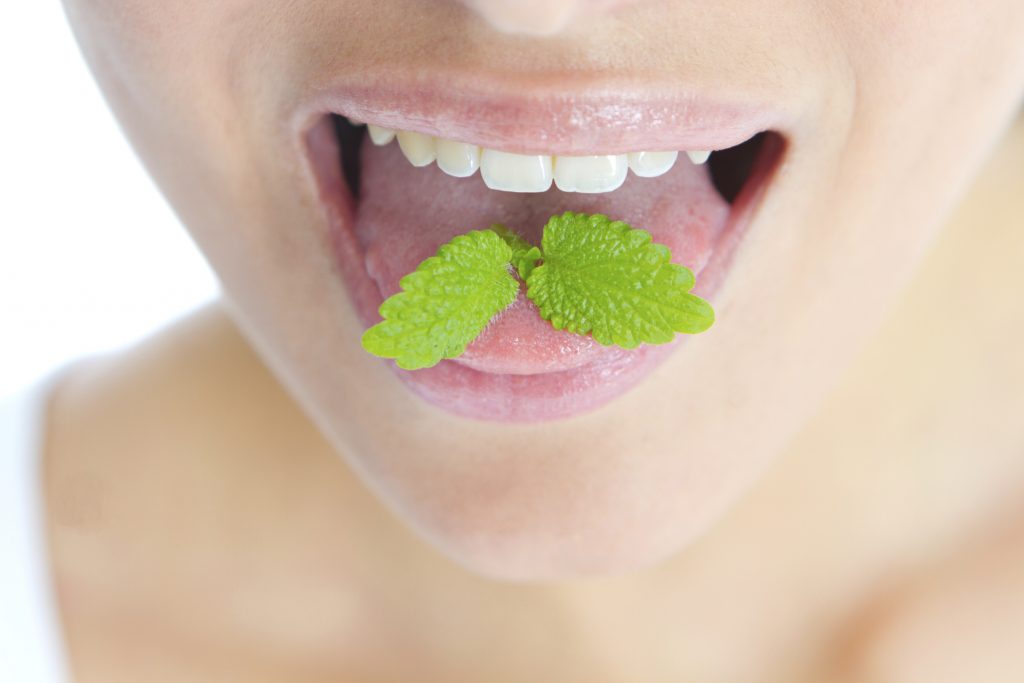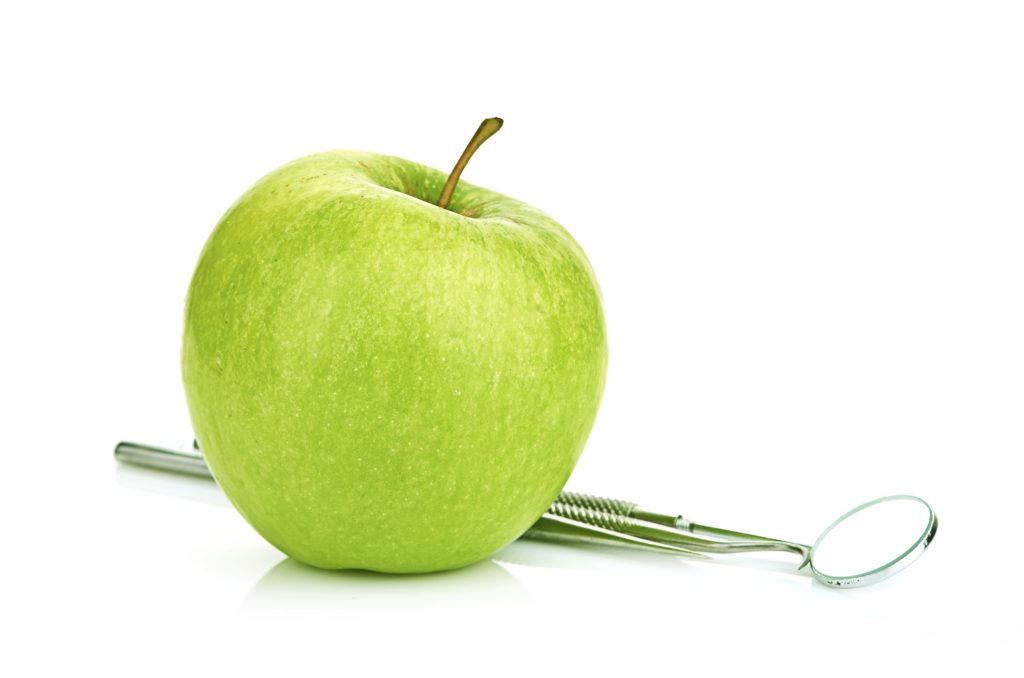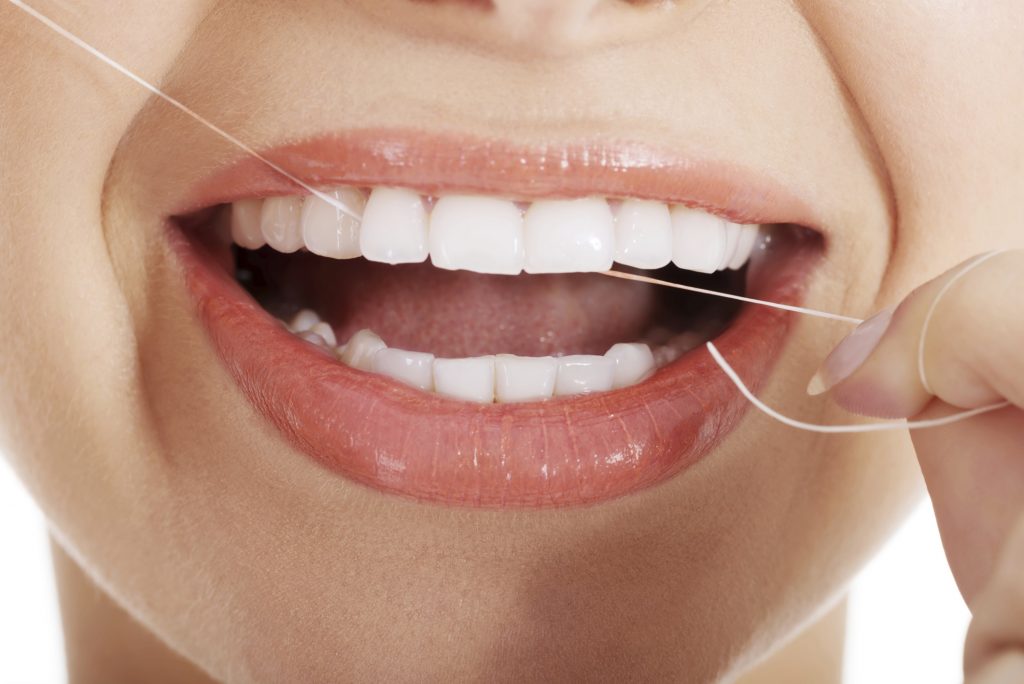To make the most of a dental visit, we all know it’s important to brush and floss prior to the appointment, but we should also be using our time during the appointment wisely. Here are the things you should be keeping your dentist informed of to make the most out of your visit.
Share Health and Lifestyle Changes:
It may seem odd to consider your dentist an individual you need o keep up-to-date on your lifestyle habits or changes, but it can tell them a lot about how to best care for and advise your oral care routine. If you haven’t been totally honest about things like smoking or flossing habits, it’s important to begin sharing these things for your own ability to maintain your oral health.
If you make changes to your lifestyle, such as reducing or increasing medications or the consumption of coffee or nicotine, it’s important to let your dentist know. These seemingly nominal changes can have a huge impact on your oral health over time. The acid in coffee may weaken your enamel over time, whereas reducing consumption may allow it to remain intact. The potential impact of nicotine from cigarettes or chewing tobacco on your oral health is another important thing to share so your dentist can look for signs of change.
Discuss Your Concerns:
It’s important to remember that your dentist is on your team; they are open to answering your questions with knowledge and experience. If you have any concerns about your teeth, gums, or jaw, or are experiencing any pain it is important to share that with your dentist. It’s easy to turn to the internet for answers to these concerns, but lifestyle habits among other things are factors your dentist can consider with you. If any of the following apply to you, it is important to discuss them with your dentist before they potentially get worse:
- Bleeding gums
- Sores in the mouth that do not heal
- Sensitivity or pain
- Clenching your jaws
- Grinding your teeth
- Problems with brushing or flossing
For more information regarding dental exams, contact Drs. Freund and Waterloo today at 847-251-8990 or visit www.villagedentalpc.com.
Drs. Chad Freund and Cathy Waterloo proudly serves Kenilworth and all surrounding areas.









